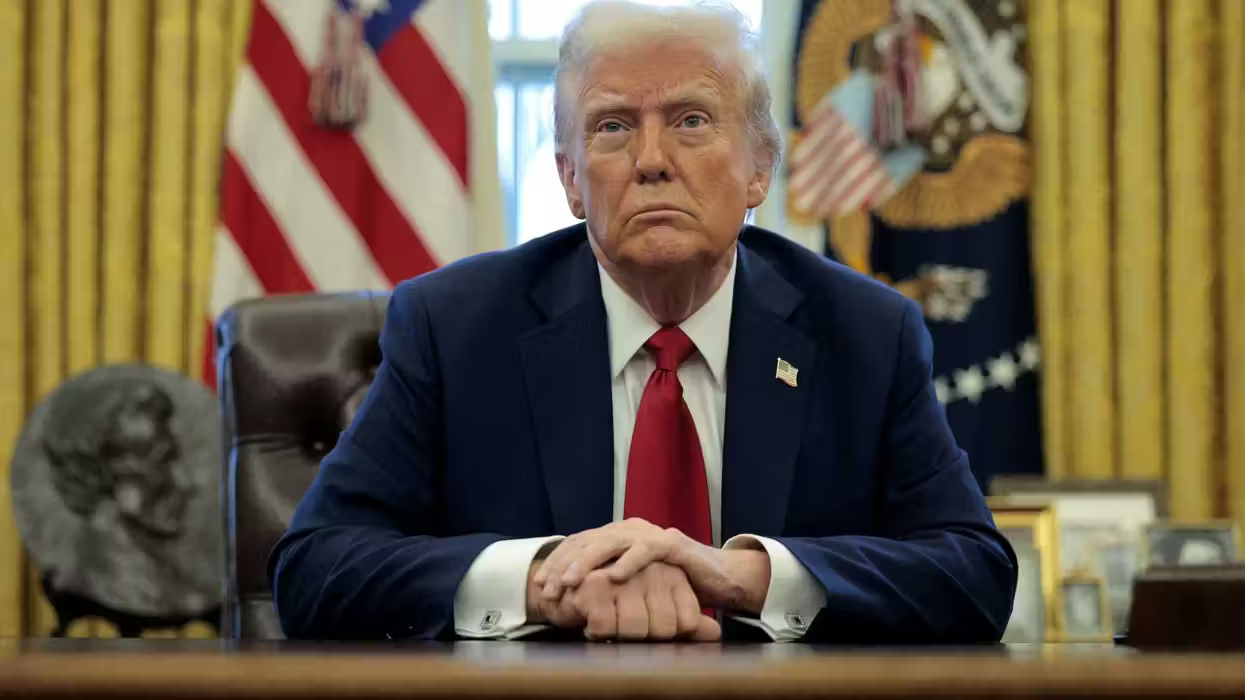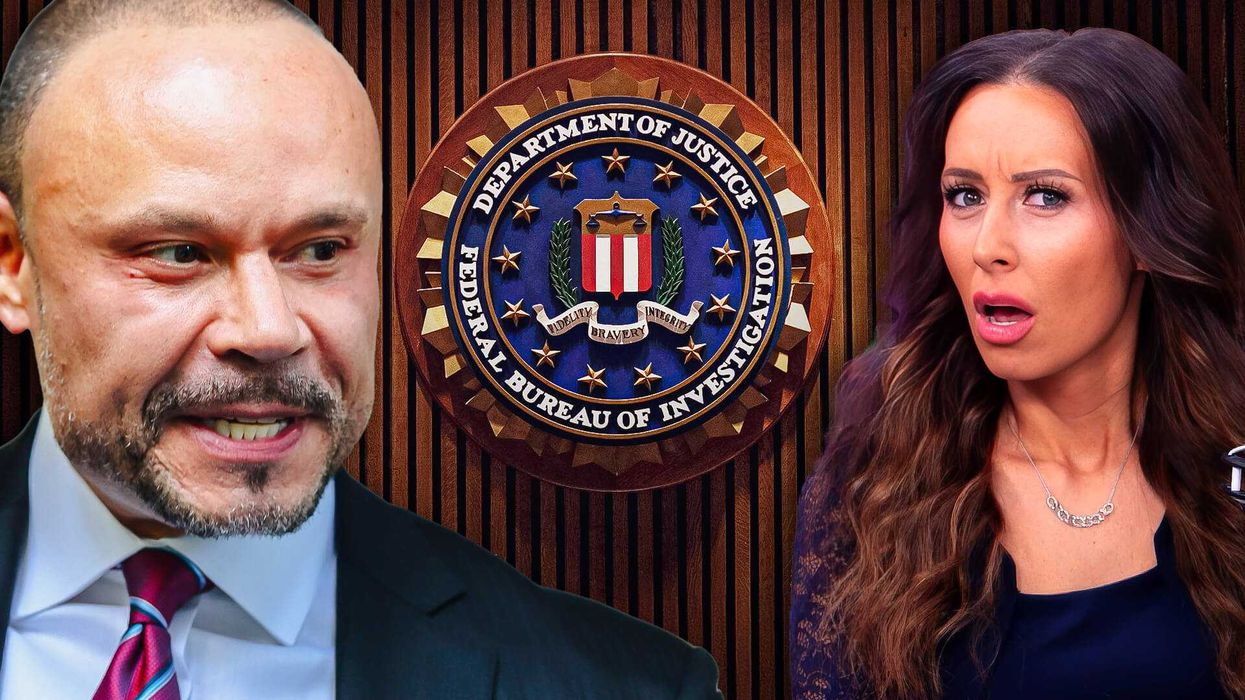Story by the Associated Press; curated by Dave Urbanski
WASHINGTON (AP) — A senior administration official said Sunday there is "very little doubt" that a chemical weapon was used by the Syrian regime against civilians in an incident that killed at least 100 people last week, but added that the president had not yet decided how to respond.
The official said the U.S. intelligence community based its assessment given to the White House on "the reported number of victims, reported symptoms of those who were killed or injured," and witness accounts. The official spoke on condition of anonymity because the official was not authorized to speak publicly.
 This Aug. 21, 2013, file image provided by by Shaam News Network, which has been authenticated based on its contents and other AP reporting, purports to show several bodies being buried during a funeral in a suburb of Damascus, Syria. A senior administration official said Sunday, Aug. 25, 2013, that there is very little doubt that a chemical weapon was used by the Syrian regime against civilians in an incident that killed at least a hundred people last week, but added that the president had not yet decided how to respond. (Credit: AP)
This Aug. 21, 2013, file image provided by by Shaam News Network, which has been authenticated based on its contents and other AP reporting, purports to show several bodies being buried during a funeral in a suburb of Damascus, Syria. A senior administration official said Sunday, Aug. 25, 2013, that there is very little doubt that a chemical weapon was used by the Syrian regime against civilians in an incident that killed at least a hundred people last week, but added that the president had not yet decided how to respond. (Credit: AP)
Syrian state media says the government has reached an agreement with the United Nations to allow a U.N. team of experts to visit the site of last week’s alleged chemical weapons attack. State TV also said in a statement Sunday that the two sides are working to set the date and time of the visit to the agreed upon locations outside Damascus purportedly hit by chemical agents on Aug. 22. (The purported chemical attack that activists say killed hundreds of civilians in rebel-held areas around Damascus took place on Wednesday, Aug. 21. The discrepancy in the dates could not be immediately reconciled.)
Previous to the announcement of the agreed-upon inspection, the senior administration official said the White House believed the Syrian government was barring a U.N. investigative team immediate access to the site of the reported chemical weapons attack in order to give evidence time to degrade. The official said the regime's continuing shelling of the site also further corrupts any available evidence of the attack.
Last Wednesday's purported chemical attack in the Damascus suburb of eastern Ghouta has prompted U.S. naval forces to move closer to Syria. President Barack Obama met with his national security team Saturday to assess the intelligence and consider a U.S. military response, almost a year after warning the regime of Bashar Asad that chemical weapons use was a "red line" for the U.S.
 This citizen journalism image provided by the Local Committee of Arbeen which has been authenticated based on its contents and other AP reporting, shows Syrian citizens trying to identify dead bodies, after an alleged poisonous gas attack fired by regime forces, according to activists in Arbeen town, Damascus, Syria, Wednesday, Aug. 21, 2013. Syrian anti-government activists accused the regime of carrying out a toxic gas attack that killed at least 100 people, including many children as they slept, during intense artillery and rocket barrages Wednesday on the eastern suburbs of Damascus, part of a fierce government offensive in the area. (Credit: AP)
This citizen journalism image provided by the Local Committee of Arbeen which has been authenticated based on its contents and other AP reporting, shows Syrian citizens trying to identify dead bodies, after an alleged poisonous gas attack fired by regime forces, according to activists in Arbeen town, Damascus, Syria, Wednesday, Aug. 21, 2013. Syrian anti-government activists accused the regime of carrying out a toxic gas attack that killed at least 100 people, including many children as they slept, during intense artillery and rocket barrages Wednesday on the eastern suburbs of Damascus, part of a fierce government offensive in the area. (Credit: AP)
The White House had concluded previously that the Syrian regime has used chemical weapons in limited incidents, but last week's attack is suspected of being the deadliest single incident of a civil war that has killed more than 100,000 people since March 2011.
Defense Secretary Chuck Hagel said on Thursday that a chemical attack "appears to be what happened."
The White House has approved limited lethal aid to Syrian rebels, but has limited weapons to mostly small arms and training. Obama described the factors limiting greater U.S. involvement in a CNN interview.
"If the U.S. goes in and attacks another country without a U.N. mandate and without clear evidence that can be presented, then there are questions in terms of whether international law supports it — do we have the coalition to make it work?" Obama said in the interview broadcast Friday. "Those are considerations that we have to take into account."
Hagel offered no hints Sunday about likely U.S. response to Syria's purported use of chemical weapons, telling reporters traveling with him in Malaysia that the Obama administration was still assessing intelligence information about the deadly attack.
"When we have more information, that answer will become clear," he said when a reporter asked whether it was a matter of when, not if, the U.S. will take military action against Syria.
Asked about U.S. military options on Syria, Hagel spoke in broad terms about the factors Obama is weighing.
"There are risks and consequences for any option that would be used or not used — for action or inaction," he told reporters. "You have to come to the central point of what would be the objective if you are to pursue an action or not pursue an action. So all those assessments are being made."
 In this citizen journalism image provided by the Local Committee of Arbeen, which has been authenticated based on its contents and other AP reporting, a man and woman mourn over the dead bodies of Syrian men after an alleged poisonous gas attack fired by regime forces, according to activists in Arbeen town, Damascus, Syria, Wednesday, Aug. 21, 2013. Syrian regime forces fired intense artillery and rocket barrages Wednesday on the eastern suburbs of the capital Damascus, in what two pro-opposition groups claimed was a "poisonous gas" attack that killed dozens of people. (Credit: AP)
In this citizen journalism image provided by the Local Committee of Arbeen, which has been authenticated based on its contents and other AP reporting, a man and woman mourn over the dead bodies of Syrian men after an alleged poisonous gas attack fired by regime forces, according to activists in Arbeen town, Damascus, Syria, Wednesday, Aug. 21, 2013. Syrian regime forces fired intense artillery and rocket barrages Wednesday on the eastern suburbs of the capital Damascus, in what two pro-opposition groups claimed was a "poisonous gas" attack that killed dozens of people. (Credit: AP)
If the U.S. wants to send a message to Assad, defense officials have previously indicated the most likely military action would be a Tomahawk missile strike, launched from a ship in the Mediterranean.
Gen. Martin Dempsey, chairman of the Joint Chiefs of Staff, said in a letter to a congressman last week that the administration opposes even limited action in Syria because it believes rebels fighting the Assad government wouldn't support American interests if they seized power. He said while the U.S. military could take out Assad's air force and shift the balance of the war toward the armed opposition, but that it's unclear where the strategy would go from there.
Dempsey is now in Amman, Jordan, set to meet with Arab and Western peers later Sunday to discuss ways to bolster the security of Syria's neighbors against possible attacks, chemical or other, by Assad's regime, a Jordanian security official said.
The meeting, closed to the press and held at an unspecified location, gathers chiefs of staff from Britain, France, Germany, Italy, Canada, Turkey, Saudi Arabia, Qatar and Jordan, the official said on condition of anonymity because he is not allowed to brief reporters.
Here's a report from CBS News:
--
[related]

 This Aug. 21, 2013, file image provided by by Shaam News Network, which has been authenticated based on its contents and other AP reporting, purports to show several bodies being buried during a funeral in a suburb of Damascus, Syria. A senior administration official said Sunday, Aug. 25, 2013, that there is very little doubt that a chemical weapon was used by the Syrian regime against civilians in an incident that killed at least a hundred people last week, but added that the president had not yet decided how to respond. (Credit: AP)
This Aug. 21, 2013, file image provided by by Shaam News Network, which has been authenticated based on its contents and other AP reporting, purports to show several bodies being buried during a funeral in a suburb of Damascus, Syria. A senior administration official said Sunday, Aug. 25, 2013, that there is very little doubt that a chemical weapon was used by the Syrian regime against civilians in an incident that killed at least a hundred people last week, but added that the president had not yet decided how to respond. (Credit: AP)






